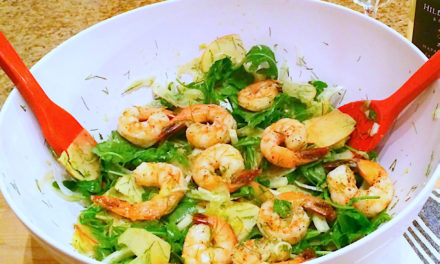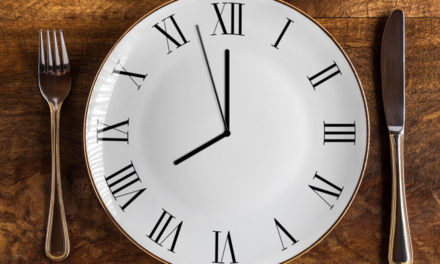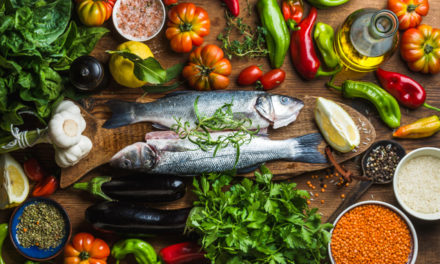The statements above are the most common myths we hear about diabetes in our office. Misconceptions like these often get perpetuated at the time of diagnosis through umbrella statements made by well-meaning, yet busy health professionals. Still surprised to learn that each statement is false? Let’s set the record straight…
What causes diabetes?
Although eating sugar causes a rise in blood sugar levels, it doesn’t mean it’s the culprit for diabetes. The body is much more complex, and the cause of diabetes is multifactorial.
Type 1 diabetes occurs when the immune system attacks and destroys insulin-producing beta cells of the pancreas. People with Type 1 diabetes must take insulin to regulate glucose levels.
Type 2 diabetes is more common and can be caused by genetics, medications, insulin resistance (which can allow sugar to accumulate in the blood), lifestyle factors (ex. physical inactivity), certain hormonal diseases, or damage to the pancreas.
Which foods contain carbohydrates?
- Starch/Grains: Cereals, flour, pasta, crackers, popcorn, cookies, cakes, bread, corn, rice, oats, quinoa, etc.
- Fruits: All fruits like apples, oranges, bananas, grapes, berries, dried fruits, and fruit juices
- Starchy Vegetables: Peas, corn, potatoes, beans
- Dairy: Milk, yogurt
- Sweets: Candies, honey, syrup, jams, jellies, sweetened beverages, sugar, agave
Are carbohydrates OK for people with diabetes?
Carbohydrates have the greatest effect on blood sugar levels. The metabolism of carbohydrates in people with diabetes differs from the metabolism of people without it due to the amount of insulin available in the body. Insulin is a hormone that allows the body to use sugar from carbohydrates for energy or to store it for future use.
People with diabetes need varying amounts of carbohydrates, so portion awareness matters. Experimentation is essential for determining the optimal dose of carbohydrates at meals and snacks that maintains stable blood sugar levels.
Are diabetes and dessert a recipe for disaster?
Desserts tend to be densely full of simple carbohydrates. As a result, they can have a greater impact on blood sugar levels than complex carbohydrates, which are digested more slowly.
Whether a person has been diagnosed with diabetes or not, dichotomous (all or none) thinking is dangerous because it often leads to a cycle of cravings, overindulging, guilt, restriction, and more cravings…
It takes trial and error to determine how various desserts will impact blood sugar. General strategies for enjoying dessert with diabetes include:
- Factoring dessert into the amount of carbohydrates allotted at a meal or snack
- Doing a “starch swap” at meals by switching out a starchy side like rice or potatoes for something sweet
- Being mindful of portion sizes
- Savoring each bite
Getting down to the truth…
Developing a balanced, consistent eating pattern conducive to blood sugar management can feel frustrating, unfair, confusing, challenging, and different for individuals with diabetes. No one-size-fits-all plan can tell a person how to best manage blood sugar. Registered Dietitians are equipped to go beyond general recommendations to customize plans and strategies to help individuals reach health-related goals while still enjoying their favorite foods.
Blair Mize, MS, RDN, CSSD, LDN is co-owner of Memphis Nutrition Group, a nutrition & lifestyle counseling practice operated by registered & licensed dietitians/nutritionists. Memphis Nutrition Group believes in a non-diet approach that promotes overall health and optimal performance without compromising the enjoyment of food. For more information call Memphis Nutrition Group at 901.343.6146 or visit www.MemphisNutritionGroup.com.









